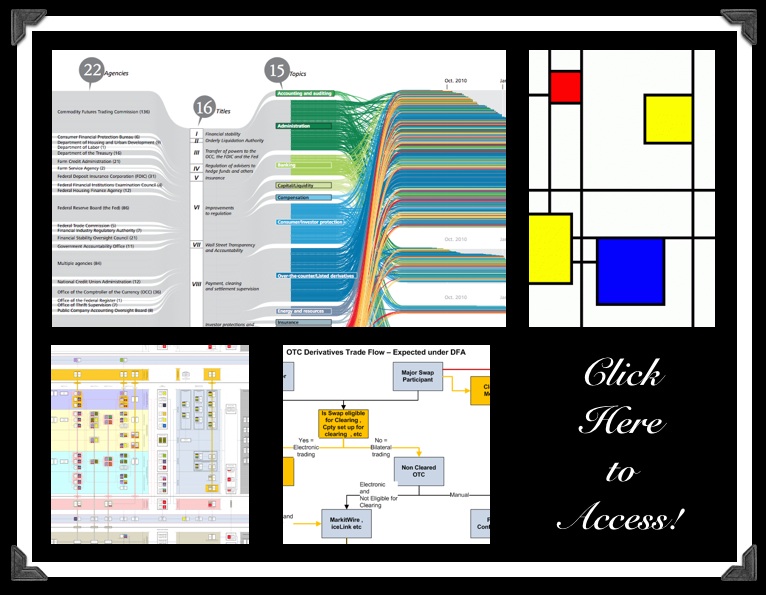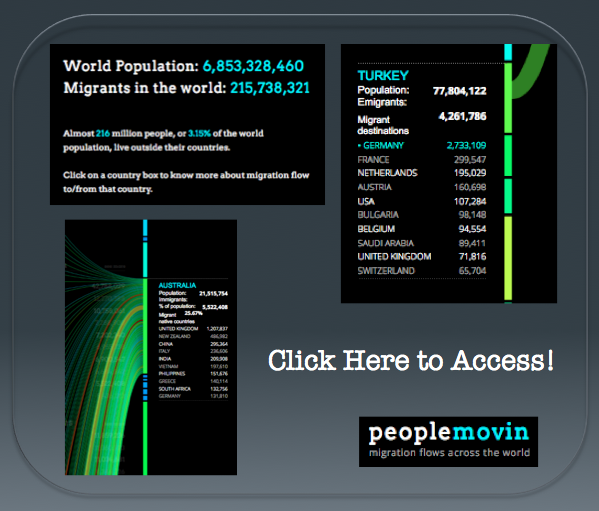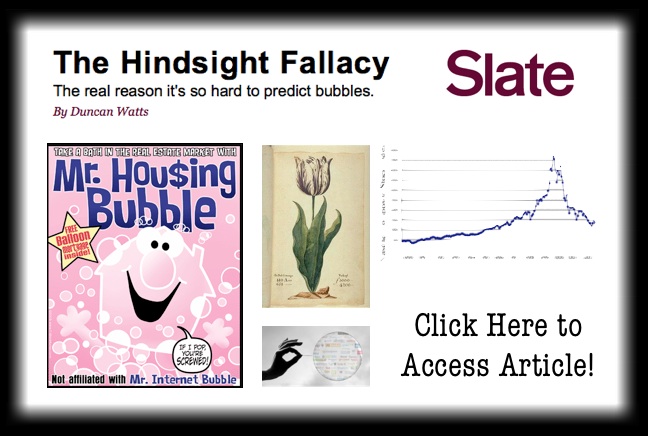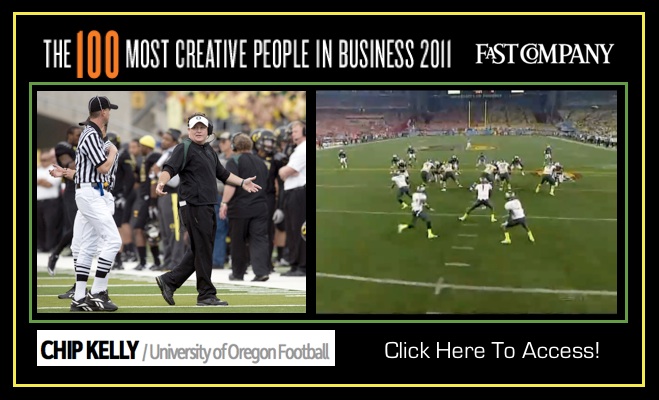Author: clsadmin
Tim Harford: Trial, Error and the God Complex [ Ted 2011 ]
Economics writer Tim Harford studies complex systems — and finds a surprising link among the successful ones: they were built through trial and error. In this sparkling talk from TEDGlobal 2011, he asks us to embrace our randomness and start making better mistakes.
Stuxnet – The Development and Evolution of an Open Source Weapon
Stuxnet: Anatomy of a Computer Virus
Introduction to Computing for Complex Systems – Slides and Other Course Materials from ICPSR 2010
I decided to bump this post to front of the blog as I am getting ready to dust off this material in anticipation of the 2011 ICPSR Course in Complex Systems Models in the Social Sciences. The course will be offered as part of Session #2 of the ICPSR Program in Quantitative Methods. It has two components (1) morning lectures on complex systems theory and (2) a late afternoon session on complex systems / computational model implementation.
Unlike many courses that relegate model/data implementation to self-teaching, etc. in the ICPSR Summer Course in Complex Systems, we take implementation seriously. Indeed, I believe our emphasis on implementation is a distinguishing feature of the course. In my experience, implementation mechanics are typically the impediment that many scholars face in generating models capable of being published in academic journals. Implementation is the bridge between concept and scientific contribution.
In the computing module, I (together with my colleagues) highlight the methods of complex systems as well as several environments designed to explore this rich and growing intellectual field. These include Netlogo (agent based models and network models), Vensim (system dynamics / ecological modeling) and Pajek (empirical network analysis). In the final week, we cover a variety of advanced topics:
- (a) Community Detection in Networks
- (b) Computational Linguistics / Natural Language Processing
- (c) Diffusion Models and Mathematical Modeling with Data
- (d) Exponential Random Graph (p*) Models
- (e) Information Retrieval / Webscraping
Although, we do not work with more advanced languages within the course, those who need to conduct complex analysis are directed to alternatives such as R, Python, Java, etc.
Anyway, the slides were designed to be fully self-contained and thus allow for individually paced study of the relevant material. If you work through the slides carefully you should be able to learn the software as well as many of the core principles associated with the science of complex systems. Although the 2010 course material should be available indefinitely, I do plan to add some new material for the 2011 session. In particular, we plan to highlight Nova — a new software package developed in the Oberlin Computer Science Department by Richard Salter. Stay tuned for more in July / August 2011 ….
My New Favorite Summary Judgment Motion – Mark Cuban v. Ross Perot Jr. [via Deadspin]
Two years ago Dallas Mavs minority shareholder Ross Perot Jr. filed suit against Mark Cuban accusing Cuban of various infractions including mismanaging the team, etc. On June 12, 2011, the Mavs defeated the Miami Heat 4-2 in the NBA Finals. Through his attorney Mr. Cuban has now responded to the suit by filing the motion shown above. Here are a few of the highlights: “On June 12, 2011, the World Champion Dallas Mavericks defeated the Miami Heat to claim the franchise’s first NBA championship. A true and correct photo of one of the many victory celebrations is incorporated herein: [GIANT PHOTO OF MAVERICKS CELEBRATING WITH TROPHY] Under Hillwood’s ownership, the team was deemed the “worst franchise” in all of professional sports. Under Cuban’s stewardship the Mavericks have become one of the league’s most successful teams and are now NBA champions. Accordingly, there can be no genuine question that Hillwood’s claims of mismanagement lack merit and Hillwood’s claims should be disposed of on summary judgment. More coverage is available on Deadspin.
Daniel Kraft: Medicine’s Future? There’s an App for That [TedXMaastricht]
Very interesting talk and note this could just as easily say – Law’s Future? There’s an App for That. Generated by the nexus of available technology and the current legal employment crisis there appears to be a growing app / “garage guys” culture breaking out. LawTechCamp, New and Emerging Legal Infrastructures and other related conferences showcase just some of the app style innovations that are being generated in the legal marketplace. I guess you can say there is nothing more dangerous than a bunch of smart folks who get pushed into a corner — forced to innovate for a want of high quality alternative options. Change is on the march and my bet is there is more disruption in the windshield than in the rearview. As my old football coach liked to say — better keep your head on a swivel!







